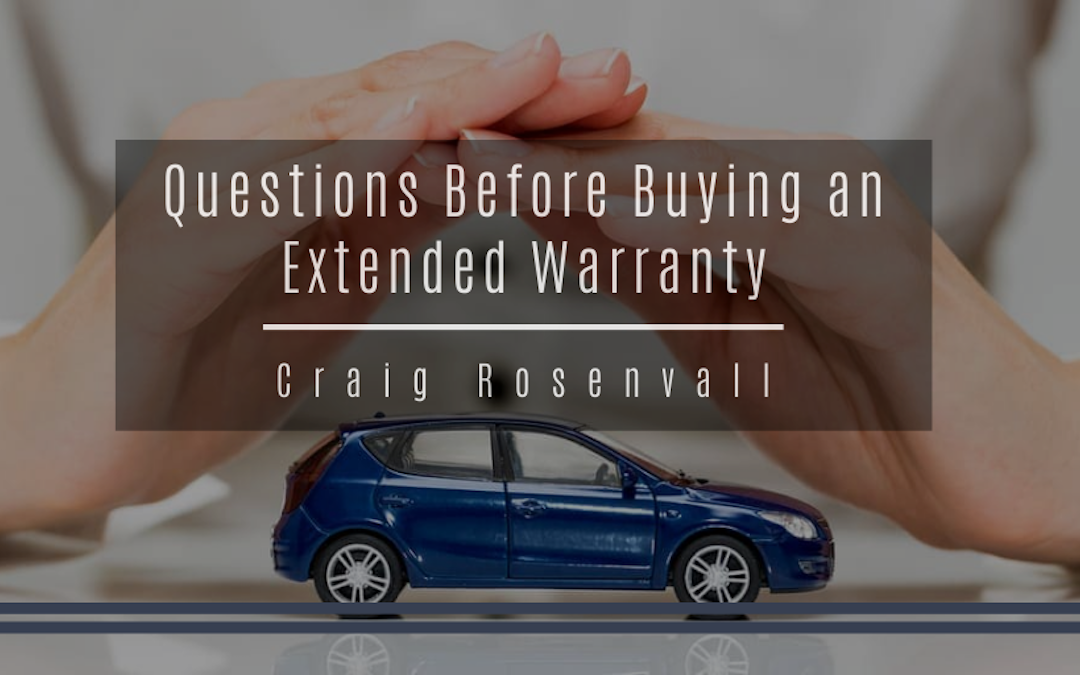Buying a car is often a tense process, especially for people who aren’t practiced negotiators. Once you’ve finally settled on a price for the vehicle, you’re probably eager to get behind the wheel and drive away. Unfortunately, you still have one more step to complete before leaving the dealership, and that is whether or not to agree to an extended warranty.
You can never be sure when your car will break down. If you want to avoid paying a lot of money for repairs down the line, you should secure an extended warranty after purchasing the vehicle. Unfortunately, this process isn’t always as simple as you’d imagine. To avoid getting ripped off, you’ll need to enter the negotiations with a complete understanding of the situation. Here are five questions to ask yourself before accepting an extended warranty.
Who Backs The Warranty?
The dealership only backs some warranties. This isn’t ideal since it won’t give you much flexibility when it comes to repairs. You’re much better off having a contract that the actual automaker covers.
Did You Shop Around?
When comparing different dealerships, you should take the price of the warranty into account. Before finalizing any deals, make sure you’ve shopped around for the best price and fairest terms.
Are You Aware Of What The Warranty Covers?
Some people think that a warranty is bound to cover any potential repairs. In reality, every contract has its own set of terms. Never sign an agreement before reviewing precisely what your warranty will cover. If it leaves off general repairs that you think could likely be necessary for the future, then it’s not going to be effective.
How Much Do You Typically Pay For Repairs?
Whether or not an expensive warranty makes sense depends on your use of the vehicle. If you’re an avid off-roader whose cars take some severe abuse, then the contract is a no-brainer, even if it’s expensive.
Is The Warranty Necessary?
While getting an extended warranty is usually a good idea, it might not be essential. Vehicles are now more dependable than ever before. If you’re an exceptionally safe driver and your car is brand new, you might be able to get away without paying for an extended warranty.
